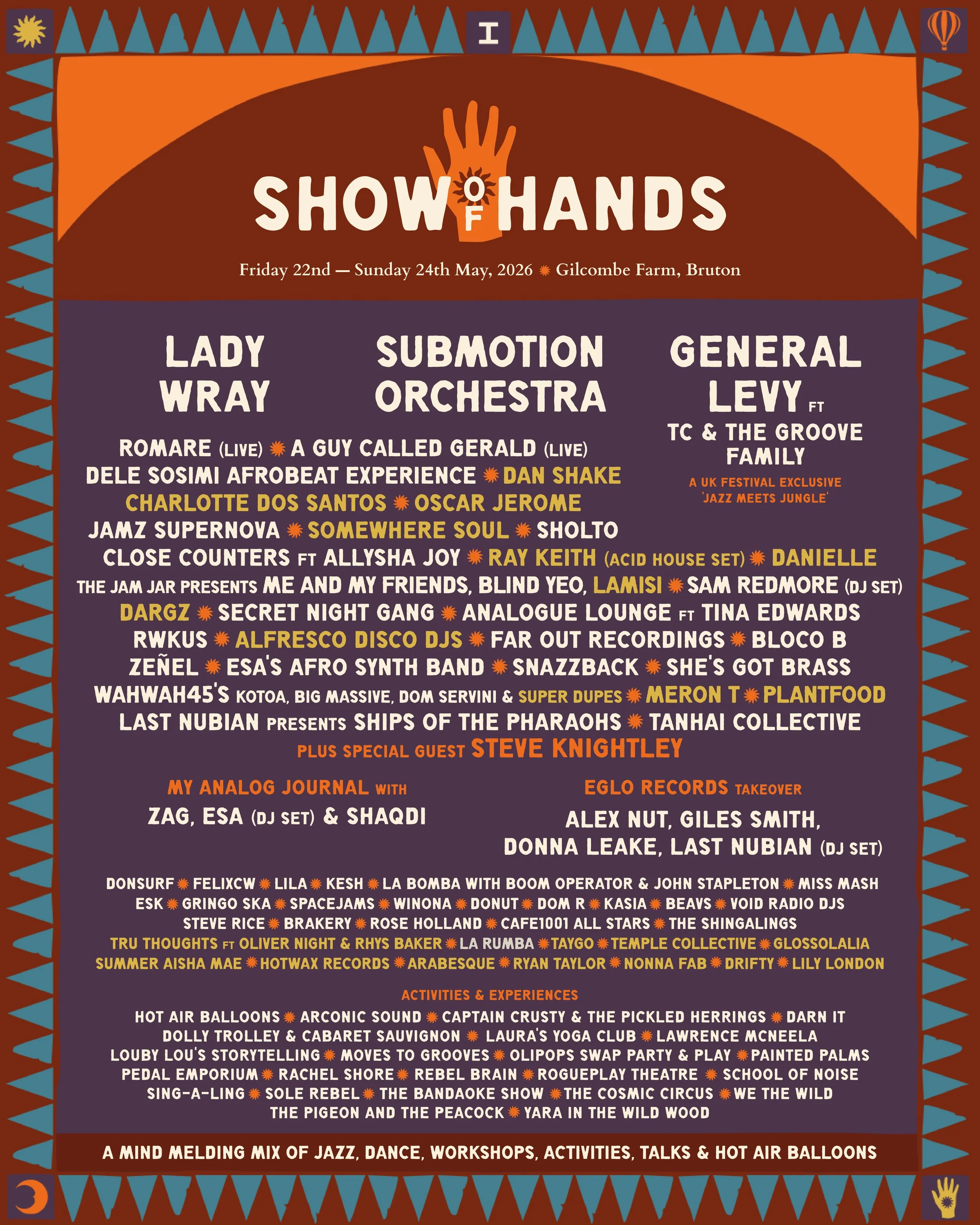Why are Confident Women Always Questioned?
It should be a given that women can be naturally confident and self-assured. Yet, when a woman has self-confidence and lets it show, it is usually questioned, or it often results in some form of backlash. She is usually questioned on where she learned this confidence as if it is a skill that always has to be learned, it can’t just be a trait that can come naturally to her. Yet, when men are confident no one seems to question where this confidence comes from.
Some women just are self-confident but this isn’t always ok with society’s view of women. Women are expected to apologise for being certain in their views, their ideas, or their experience. Gender stereotypes play a huge role in the idea of women possessing self-confidence freely, without question.
Women through the years have been told they should be softer, quieter, less bold. When a woman is confident people are often quick to question, judge, and jump to conclusions about their character. Strong self-confidence in women can often be negatively assumed as aggression and/or arrogance. Words and terms like ‘bossy’, ‘arrogant’, and ‘sure of her/themselves’ are often widely reserved when referring to women. These are all negative terms, and often mean that women can’t fully embrace inner confidence freely.
When women embrace the confidence they have in themselves it is often questioned. Would a male counterpart be questioned just as quickly in the same situation?
Why is the definition of Confidence for men and women different?
The fact is women are not applauded for being confident the same way that men are. Women are often apologetic when their confidence appears too bold. The world has a problem with women feeling powerful, women simply don’t have the same freedom to be freely confident.
“Underqualified and underprepared men don’t think twice about leaning in. Overqualified and overprepared, too many women still hold back. And the confidence gap is an additional lens through which to consider why it is women don’t lean in.”
The Science and Art of Self-Assurance — What Women Should Know, authors Katty Kay and Claire Shipman
Research carried out by Northern Illinois University in 2018 found that women aren’t any less confident than men. It turns out that the reason so many women hold back and do not assert themselves at work isn't that they lack confidence in the skills they hold, or in their ideas, it is because they are trying to avoid backlash.
Dr. Laura Guillén, whose research focuses on understanding how self-and social perceptions are formed in the workplace and the consequences they entail for individual and group outcomes states that, “While self-confidence is gender-neutral, the consequences of appearing self-confident are not. Women who project self-confidence are often seen as less likable.”
Women have to face the backlash and consequences of expressing their self-confidence, however, men do not have the same responsibility to do so.
Workplace Unbalance
Workplaces need to detect and address the double standards that exist between men and women. Workplaces need to challenge these double standards and encourage women to speak openly about their ideas and achievements without backlash or negativity. Additionally, workplaces need to change so that they treat men and women equally, based on their competence.
Bridging the ‘Confidence Gap’
A Harvard study was driven by the idea that women are less confident when asked questions outside of their field of expertise (as well as when asked questions on the economy). But surely anyone regardless of gender being asked questions outside of their expertise isn’t going to be confident. The problem with this study was that participants were asked to rate their agreement to statements, however, it is not to say that men weren’t just as unsure as the female participants in this study.
It has been discussed throughout that men often disregard the idea of any follow-up questioning of their confidence. Could it not be the same here? As they knew that there would be no follow up questions on their responses it could be the case that in the study, as in the workplace, men and women were both equally capable to answer the questions, however, men are less likely to have to deal with any backlash so they are more likely to give ‘extreme’ responses, i.e. strongly agree/disagree.
Another Harvard study found a large gender gap when it came to self-promotion. Men rated their performance 1/3 higher than equally performing women. Researchers looked at two factors that might influence one’s level of self-promotion. The first factor was confidence (you may be unsure of your actual performance) and the second was strategic incentives (you may talk up your performance to get a raise or promotion). This just further proves that women are less likely to speak as openly or as positively about their performance as their male counterparts.
State Your Strengths without Apology
If you have that confidence inside you but fear expressing it or play it down because you’re afraid of being judged, embrace it. Much like positivity, confidence breeds confidence. It may initially be hard to truly be the most confident version of yourself, but we all have it deep inside of us and society has often made us push it down inside ourselves. We all have it, and we as women can all help to nurture it in our peers also.
Those who question the self-confidence of women are not always men. Praise your friends, colleagues, family members for speaking their views without hesitation, for stepping out of their comfort zone, or for pushing themselves.
Stay strong, believe in what you know. And if questioned, are they really questioning your idea/statement, or is it your confidence that is being questioned?
“We must have perseverance and above all confidence in ourselves. We must believe that we are gifted for something and that this thing must be attained.”
Marie Curie
Written by Joan Nugent
Joan is a Northern Ireland-born, Manchester-based Editorial Production Coordinator. Joan’s favourite writing topic is equality (particularly equality issues for LGBTQIA+ people in Northern Ireland). With a degree in Film and Media Studies, when not writing Joan is usually watching all sorts of films.









